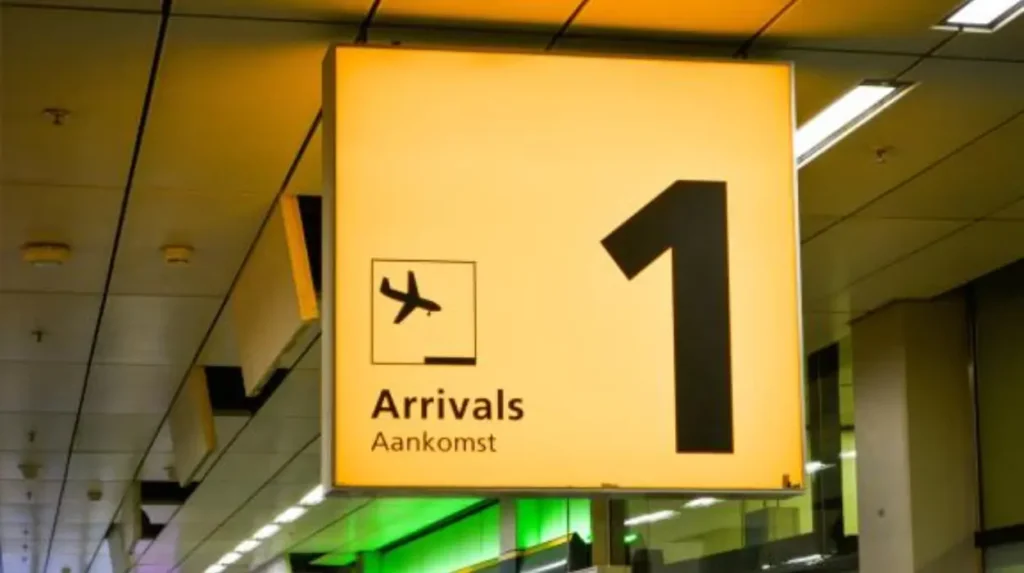With changing patterns influenced by waves of migration from the Roman era through to the Industrial Revolution, post-World War II Commonwealth migration, and contemporary EU migration, immigration has long been a distinguishing attribute of the UK’s demographic and economic landscape. In the UK, which has a large immigrant population, foreign-born individuals are estimated to make up approximately 14 percent of the population.
Immigration policy in the UK is currently being redesigned with a strong emphasis on competing labor supply in highly significant sectors, as the points-based system that was introduced after Brexit is being put into practice. The demand for immigrant skilled workers has not declined despite the reduction of several visa systems. Such contributions can be divided based on labor market participation, tax revenue generation, entrepreneurship, and innovation. Immigrants are very important for the economic development of the UK.
A history of immigration
Since the coming of the Romans in AD 43, the UK has been a place where new opportunities are found by the people who came to give it a chance. With these immigrant communities settling down, their roles started attracting some attention, and more people started to appreciate the benefits they have brought to the economy and society. In the late 20th century, with the increased globalisation process, migration and the contribution of migrants to the population became the core subject of the immigration discussion, and it has an impact on sociopolitical decision-making. Politicians and policymakers began to recognize the economic advantages of immigrants, including occupying key positions in the medical field, technology, and other vital areas.
The UK immigration patterns have evolved in the last few decades. Large-scale migratory flows, particularly which are Commonwealth countries, started to take place in the period after World War II when the UK sought to restore its own economy and deal with labor shortages. Because of the free movement of people and the need to have skilled labor in various sectors, such as healthcare, technology, and construction, the UK experienced a tremendous influx of immigration from EU member states in the years leading up to Brexit.

Filling labour shortages and workforce participation
Another major consideration in the contemporary immigration debate has been the economic contributions made by migrants. Migrants continue to play a central role in the UK economy as a source of growth and innovation, job creation, and economic sustainability, by paying taxes and offering a variety of voices and filling essential skills gaps. But national identity, integration, and the allocation of resources have also been a point of debate as immigration has provoked controversial debates that keep on impacting the population and the current immigration policy in the UK. Immigrants can, in most sectors of the UK economy, contribute significantly to labour shortages, particularly in sectors where the supply of locals is low:
- The NHS cannot work without its doctors, nurses, or other professionals who are involved in the sphere of care, and the number of immigrants is rather high in this sphere.
- To remain competitive in a globally digitally advanced economy, minorities in the technological industry typically take up professional roles such as software developers, engineers, and cybersecurity staff.
Tax contributions and fiscal impact
The immigrants also play a significant role by contributing to the tax base in the UK:
- National insurance contributions in income tax, and value-added tax (VAT).
- Immigrants contribute more in taxes than the government services they receive, leading to a positive net fiscal effect, according to research.
Research has established that:
- The annual contributions of both EU and non-EU immigrants amount to tens of billions of pounds, which are used to fund the provision of services such as education and healthcare, and infrastructure.
Entrepreneurship and business formation
Another major area of contribution by the immigrants is through entrepreneurship, where they contribute by:
- Starting approximately 27% of the new businesses in the UK.
- Developing employment opportunities using small and medium enterprises (SMEs) owned by immigrants that produce billions of dollars of economic activity per year.
- Innovating and creating competitiveness through new market entry, products, and dynamic business environments.
- The immigrant entrepreneurs usually come with international perspectives and links, and new trade and investment prospects arise in the UK.
Innovation and skills
Immigrants also add innovation potential to the UK by:
- Introducing a variety of skills, experiences, and new ideas that can be used in research, development, and improvement of technology.
- Occupy professional positions in science, technology, and the arts, and increase productivity.
- This may be attributed to the fact that skilled migrants tend to receive higher wages in comparison to non-migrant workers, due to their contribution to high-skill industries.
Festivals and customs
The immigrant communities introduce many colorful cultural festivals in the UK, and they are a part of British life:
- Every autumn, Diwali, the Festival of Lights, is celebrated by the Hindu, Sikh, and Jain communities of the UK with colored lights, dance, and fireworks.
- During parades that are held during the Chinese New Year, cities are flooded with lion dances, food kiosks, and cultural displays.
Cuisine and culinary diversity
The new British cuisine has changed due to the immigrants:
- Stereotypical British food now lives side by side with a wide range of ethnic food such as Indian curry, Chinese, Turkish, African, and Eastern European food.
Language and arts
- The immigrants also contribute to the diversification of the UK language with the preservation of all the heritage languages alongside the English language, and therefore, they enhance bilingualism and multilingualism.
- They have a cultural influence on British art, music, literature, and style. Alternative music genres such as reggae, Bhangra, Afrobeat, and Asian Underground music have now found their way to mainstream music.
- Internationally renowned British visual and literary artists of immigrant ancestry include Anish Kapoor and Zadie Smith.
Social cohesion and community building
- Wider society is a good example of how cultures blend positively through celebrations of immigrant festivals.
- Immigrants help to create a wider British identity in which diversity is a strength.

Dispellers of myths
There are a number of myths about immigration in the UK, which have not been supported by evidence or facts.
Myth 1: Immigrants do jobs under UK-born workers
Fact: They also complement the already existing workforce, and they usually do work that is not popular, which leads to economic growth and job creation overall.
Myth 2: Immigrants eat taxpayers/welfare.
Fact: Research has established that immigrants are paying higher taxes than they are receiving back in terms of government benefits. To explain this, there is a statistically lower probability of immigrants in Eastern Europe getting benefits and social housing compared with the UK-born. Immigration has a net positive fiscal effect that favors government services such as education and healthcare.
Myth 3: There is an asylum seeker and refugee overload in the UK.
Fact: The UK has one of the lowest asylum application rates in Europe, which, on a population scale, reflects around 1 per cent of the total number of refugees internationally. The population of refugees and asylum seekers is a small fraction of the immigration, much lower than media sensationalism would lead us to believe.
Challenges faced by immigrants
There are a number of issues that affect the settlement, integration, and economic and social prosperity of immigrants in the UK. These issues are cultural, linguistic, legal, economic, and social.
- Communication problems and language barrier.
Proficiency in English is one of the biggest challenges that immigrants experience. Poor language skills may impact:
- Jobs, particularly jobs that involve effective communication.
- The language is central to the establishment of community ties and, therefore, social integration.
- While the UK offers many language support services, overcoming this obstacle requires time and effort.
Employment and recognition of qualifications
- Immigrants usually cannot get appropriate jobs because of:
- Failure to match or appreciate the foreign qualification and work experience, which contributes to underemployment or job mismatch.
- Preexisting ideas or prejudices on the part of employers regarding competencies or histories.
- Problems maneuvering the UK job market and the employment laws.
Legal and bureaucratic issues.
The UK visa system can be rather complex and daunting due to:
- As well, the ever-changing immigration policy and needs.
- This factor tends to be of legal support, and it may be highly nervous.
Scarce access to housing and social services.
This can have an impact on the stability of the family and on the education of children. There is also the possibility of a lack of access to health and other social services, particularly where language and cultural barriers are present.
Certain problems of refugees and asylum applicants
In addition to the challenges that refugees and asylum seekers may face, including:
- The long process of asylum results in employment or education gaps.
- Increased joblessness even among people with high qualifications.
- Lack of access to individualized job opportunities and language classes when arrival.

Conclusion
In conclusion, immigrants do offer a lot to the UK. Yet, they face numerous serious obstacles that must be addressed by special policies and community cooperation, and provided with easy access to services to enable them to effectively integrate and enjoy all the benefits they can bring to the UK.


